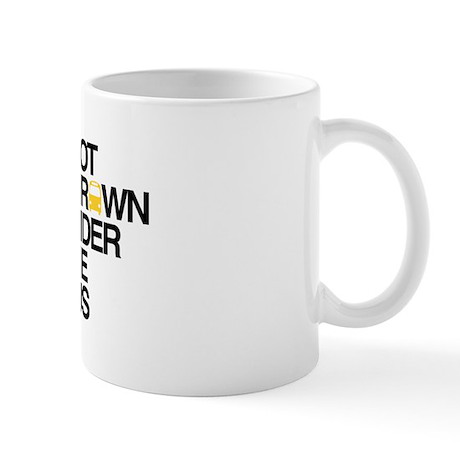It's a comparable problem anywhere controlled substances are kept.
In general, according to DEA, they are supposed to be kept behind two locks, even in the hospital. So if the pharmacy is locked, and they're kept in a locked cabinet, that satisfies the requirement. If a pharmacist is present, then the first lock requirement is obviously unnecessary. But if the pharmacist leaves the pharmacy, and this happens both in the hospital as well as retail stores, the pharmacy is supposed to be closed off and locked. If your rig is locked, and the narcs are in a locked cabinet, the requirement should be satisfied as well.
Carrying them around might be a different issue. If you're taking them out with the intent to use them on a given patient, you should be fine. If you take them out to carry them around just in case, that might be more problematic. I can't check out controlled drugs in the hospital "just in case". They have to be for a specific patient. It didn't used to be that way, but it's much more controlled nowadays than it used to be. I think you're much more at risk for accidental loss or broken amps/vials/pre-loads by carrying them around, and of course a broken vial is supposed to be documented as a narcotic discrepancy.
Don't know how it is with EMS, but any time we start accumulating discrepancies in the hospital, regardless of the reason, it will raise eyebrows. I will show the broken vials to the pharmacist and have them document, or, I will tape broken pieces of the vial, with the label, to the narcotic discrepancy form. Too many discrepancies in too short a period of time, and we get to go pee in a bottle with a witness - refuse and you're fired - it's that simple.

